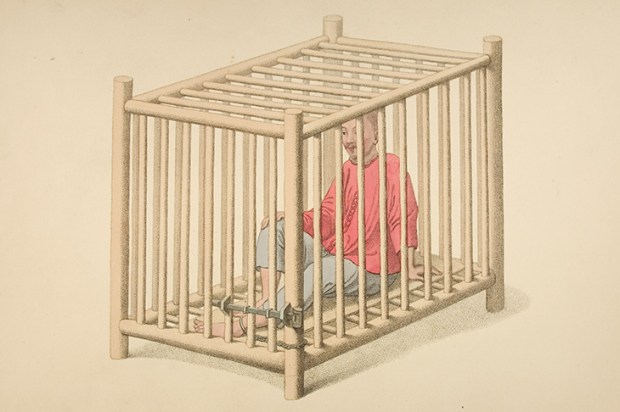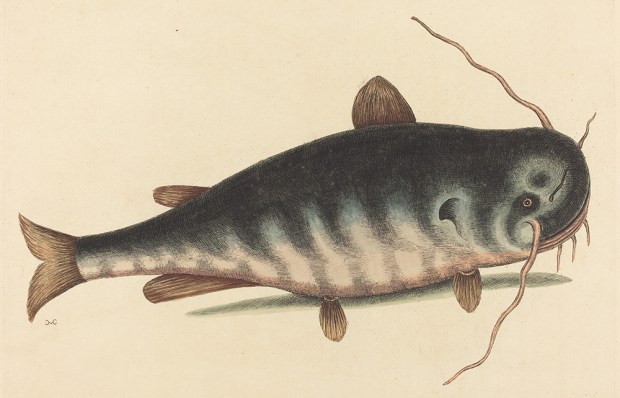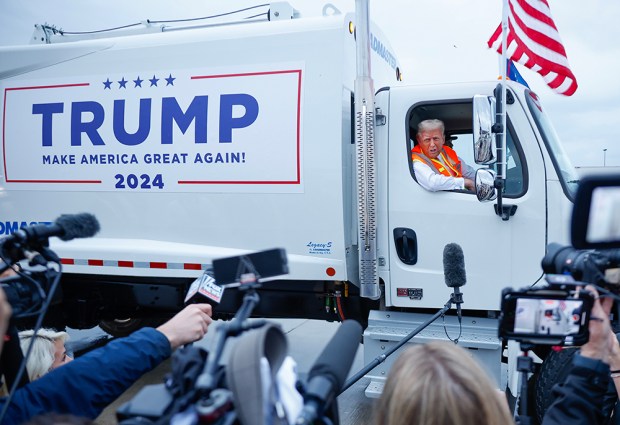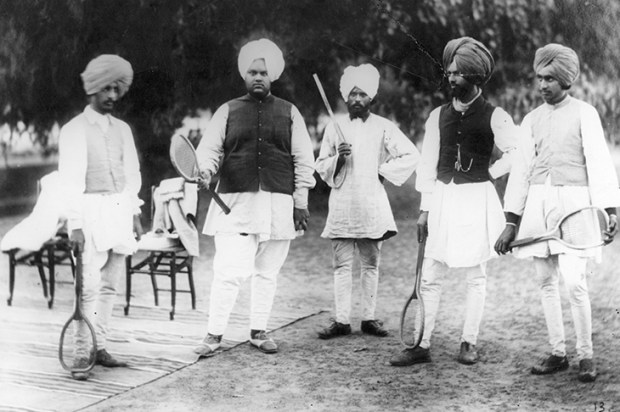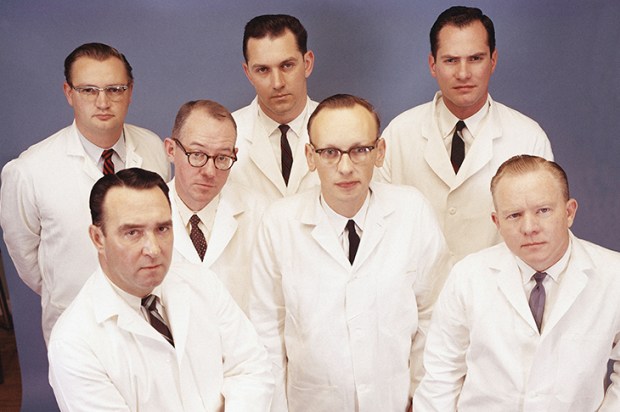Speccie reader Peter has written asking me to write something about ‘begs the question’, which, he says, is ‘regularly misused by journalists, especially sports commentators. So frustrating (he adds) that we so quickly adopt American misuses’. Well, this misuse is not American, it is universal. There is only one thing you need to know about this familiar expression – never use it. Never. Ever. Under no circumstances are you to use this expression. The reason is simple – everyone misuses this. Everyone. All the time. No one ever uses this correctly. No one. Ever. Because no one understands what it means. ‘Begs the question’ does not mean ‘avoids the question’ or ‘raises the question’ – it is the logical fallacy of assuming the conclusion of your argument is true in one or more of the statements you start with. In other words, a circular argument. It is ‘The procedure of taking for granted, in a statement or argument, precisely what is in dispute.’ (Anthony Flew, Dictionary of Philosophy). In my many decades in the media I have never, not once, come across this being used correctly. Hence, the only safe thing to do is to drop it! Ban it. Don’t use it. Not once. Just take it out of your vocabulary. (I hope I haven’t been too vague about this.)
‘First Nations’ has become ubiquitous –being used by people who have no idea what they’re saying, or what the expression implies. So, let’s remind everyone. The term ‘First Nations’ was coined by Indian chiefs in Ontario, Canada, in 1980. It seems to have been adopted by Aboriginal activists in Australia around 1995. It is what I call an ‘aggrandisement’ expression – trying to make Stone Age tribal life in Australia before 1788 sound far grander than it ever was. You know that little voice inside your head that says, ‘Such things should never be said out loud?’ You know that voice? Well, I don’t have one! So, I’m going to say out loud what common sense is shouting at us, but no one else is game to mutter. Before 1788 there were no ‘nations’ here – there were Stone Age, hunter-gatherer, nomadic tribes. They hadn’t discovered metal working, they hadn’t invented the wheel, they had no written language. They were not ‘nations’ in any sense of the word. Calling them ‘nations’ is absurd aggrandisement. The other part of the expression is also troublesome. The word ‘First’ is used in order to belittle everyone else. It is a claim of priority. It is used to imply that everyone else is second. Can you imagine one Australian saying to another: ‘My family migrated here in the 1950s, your family only arrived in the 1980s – so, I’m First, and you’re not!’ That would be absurd, wouldn’t it? But that is exactly what Aboriginal Australians who claim to be ‘First Nations’ are actually saying. When your ancestors lived here is irrelevant to the life you live today. The truth is that Australia is like a three-legged stool –it is built on: (1) Indigenous heritage; (2) British foundation; and (3) Migrant character. That analysis comes from former prime minister Tony Abbot – and it is spot on. No one is ‘first’ or ‘second’ or ‘third’ – everyone is Australian. It’s your character and your contribution that matter, not who your great-grandparents were. But there’s a further problem. Under its entry about this term, the Oxford English Dictionary (most unusually) has a political note: ‘Usage of this term is often associated with an acknowledgement of Indigenous sovereignty and recognition of Indigenous rights (esp. land rights) in post-colonial contexts.’ In other words, the expression ‘First Nations’ is a highly political term. Using the expression amounts to endorsing a particular political ideology. And yet it is used repeatedly by people who (in their ignorance) don’t understand this, or seem to have never thought through the implications of dividing Australians into ‘First’ class and lower classes, based entirely on a person’s family tree.
Got something to add? Join the discussion and comment below.
Contact Kel at ozwords.com.au
You might disagree with half of it, but you’ll enjoy reading all of it. Try your first month for free, then just $2 a week for the remainder of your first year.


